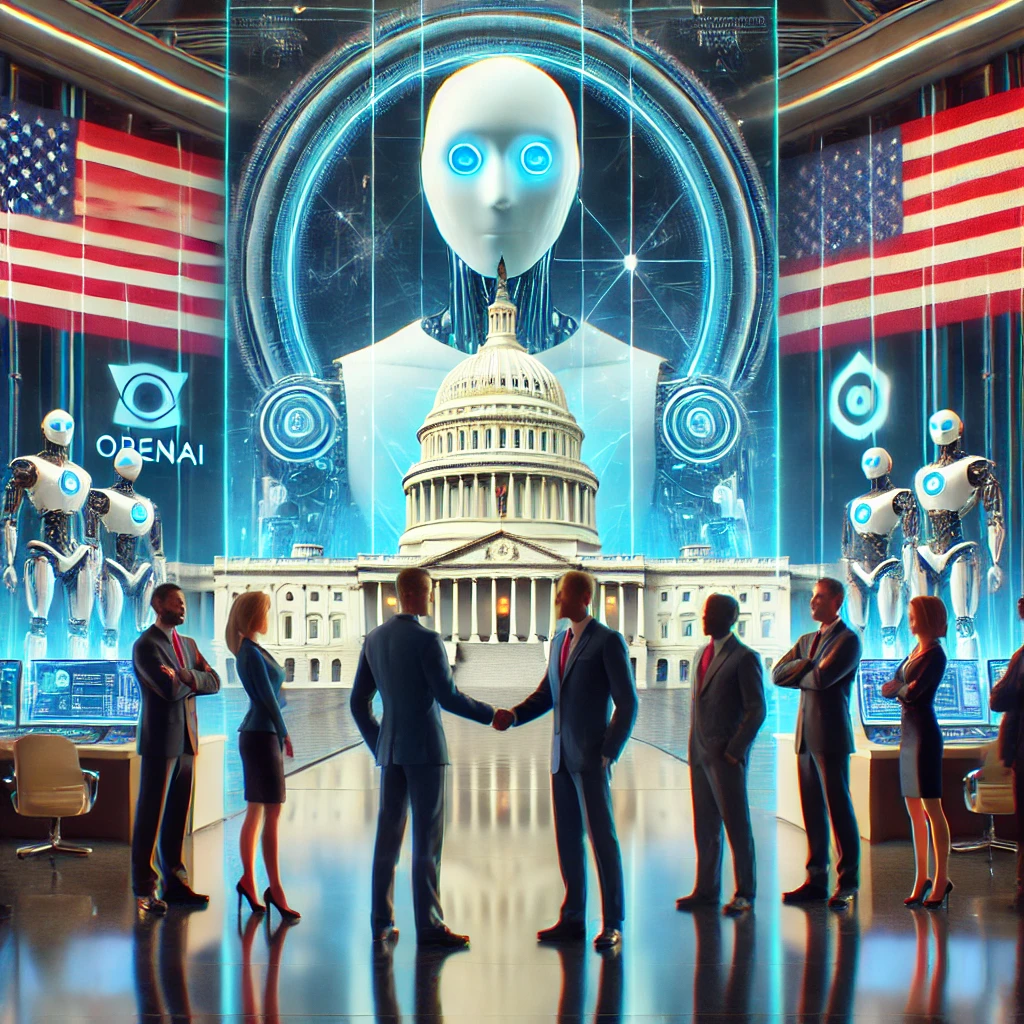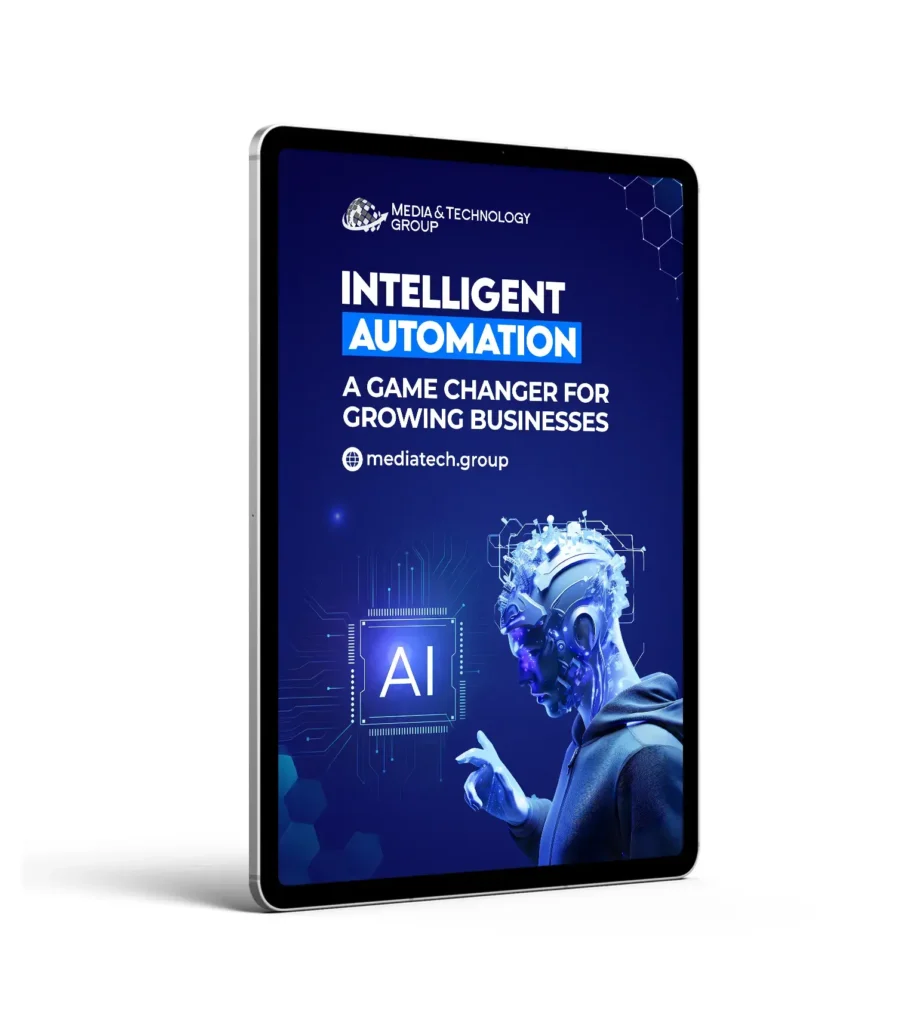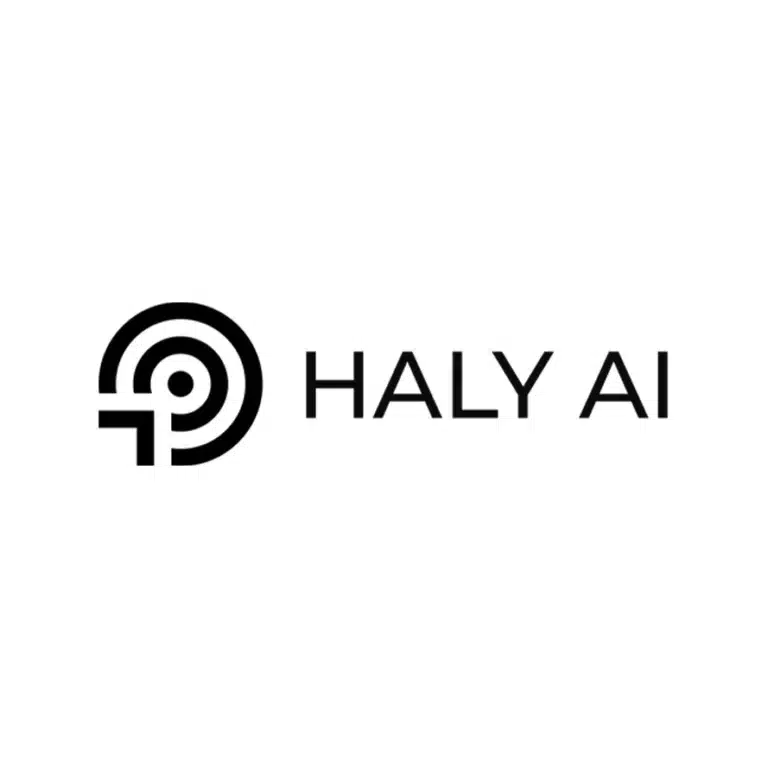In a groundbreaking move that’s making waves in AI news, leading artificial intelligence companies OpenAI and Anthropic have agreed to share their advanced AI models with the US government before public release. This collaboration, involving the newly established US AI Safety Institute, marks a significant step towards responsible AI development and deployment. Let’s delve into the implications of this partnership and what it means for the future of AI.
The Collaboration: What We Know
- OpenAI and Anthropic, two frontrunners in AI development, have committed to sharing their advanced AI models with the US government.
- This sharing will occur before these models are released to the public.
- The US AI Safety Institute will play a crucial role in assessing potential risks associated with these AI models.
Why This Matters: The Significance of Government-Industry Collaboration
1. Proactive Risk Management
By involving government experts early in the process, potential risks can be identified and addressed before AI models reach the public. This proactive approach could help:
- Mitigate unforeseen consequences of AI deployment
- Establish safety standards for AI development
- Ensure AI technologies align with societal values and ethical norms
2. Bridging the Knowledge Gap
This collaboration allows for:
- Knowledge transfer between industry innovators and government regulators
- Better-informed policy-making regarding AI governance
- Enhanced understanding of cutting-edge AI capabilities within government agencies
3. Building Public Trust
By demonstrating a commitment to safety and transparency, this partnership could:
- Increase public confidence in AI technologies
- Address concerns about unchecked AI development
- Show a united front in responsible AI advancement
The Role of the US AI Safety Institute
The involvement of the US AI Safety Institute is crucial in this collaboration. Here’s why:
- Expertise: The institute brings together experts from various fields to assess AI risks comprehensively.
- Neutral Ground: It provides a non-commercial space for objective evaluation of AI technologies.
- Standard Setting: The institute could play a key role in establishing industry-wide safety standards.
Potential Challenges and Considerations
While this collaboration is a positive step, it’s not without potential challenges:
- Balancing Innovation and Regulation: Ensuring safety measures don’t stifle innovation and competitiveness.
- Data Privacy Concerns: Addressing worries about government access to proprietary AI models and data.
- International Implications: Considering how this US-centric approach might affect global AI development and governance.
- Keeping Pace with Rapid Advancements: Ensuring the regulatory process can keep up with the fast-paced world of AI innovation.
Global Context: Setting a Precedent
This collaboration could set a precedent for government-industry partnerships in AI development worldwide:
- Other countries might follow suit with similar initiatives.
- It could spark international dialogues on AI safety and governance.
- The approach might influence global standards for responsible AI development.
What This Means for the Future of AI
Looking ahead, this collaboration could lead to:
- More robust and ethically aligned AI systems
- Increased public acceptance and adoption of AI technologies
- A framework for responsible AI development that balances innovation with safety
- Potential for international cooperation on AI safety standards
The Bigger Picture: AI as a Collaborative Effort
This partnership underscores a growing recognition that AI development cannot occur in isolation. It highlights the need for:
- Multi-stakeholder approaches to AI governance
- Balancing commercial interests with public safety
- Proactive measures to address potential AI risks
Conclusion
The collaboration between OpenAI, Anthropic, and the US government through the AI Safety Institute represents a significant milestone in the journey towards safe and responsible AI development. As we continue to push the boundaries of what’s possible with AI, such partnerships will be crucial in ensuring that these powerful technologies benefit society while minimizing potential risks.
This development in AI news not only showcases the commitment of industry leaders to responsible innovation but also highlights the evolving role of governments in shaping the future of AI. As this collaboration unfolds, it will undoubtedly provide valuable insights and set important precedents for the global AI community.
Stay tuned for more updates on this groundbreaking partnership and its impact on the future of AI development and governance.







